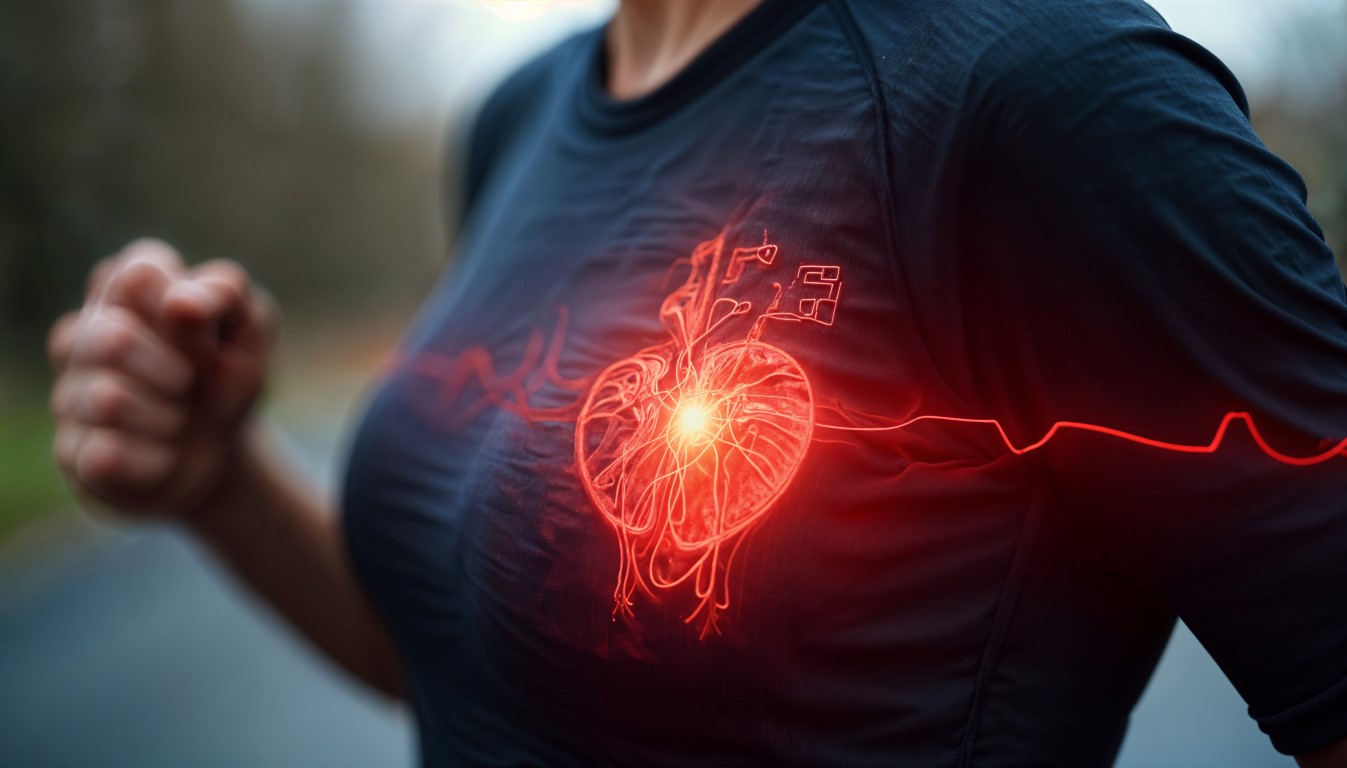
How to Prevent Heart Attacks: A Cardiologist’s Advice
A heart attack is a life-threatening medical emergency that occurs when blood flow to the heart is blocked, typically due to coronary artery disease (CAD). While heart attacks can be sudden and unexpected, many can be prevented through heart-healthy lifestyle choices and effective management of risk factors.
In this blog, our expert cardiologists share essential tips to reduce your risk of a heart attack and maintain a strong, healthy heart.




Understanding Heart Attacks: Causes and Risk Factors
A heart attack, also known as a myocardial infarction, happens when the heart does not receive enough oxygen-rich blood due to a blockage in the coronary arteries. The main causes of this blockage include:- Plaque Buildup (Atherosclerosis): Cholesterol and fatty deposits narrow or obstruct the arteries.
- Blood Clots: A clot can form at a narrowed artery site and completely block blood flow.
- High Blood Pressure (Hypertension): Increased pressure strains the heart and arteries.
- Diabetes: High blood sugar damages blood vessels and increases heart disease risk.
- Obesity: Excess weight contributes to high cholesterol and high blood pressure.
10 Essential Tips to Prevent a Heart Attack
1. Follow a Heart-Healthy Diet
Eating the right foods plays a crucial role in maintaining heart health. A heart-friendly diet should include:- Fruits and Vegetables: Rich in antioxidants that protect the heart.
- Whole Grains: Oats, quinoa, and brown rice help lower cholesterol.
- Healthy Fats: Nuts, avocados, and olive oil support cardiovascular health.
- Lean Proteins: Fish, skinless poultry, and plant-based sources like beans.
2. Maintain a Healthy Weight
Being overweight or obese increases the risk of heart disease, diabetes, and high blood pressure. Losing even 5-10% of body weight can significantly improve heart health.- Control portion sizes and avoid overeating.
- Reduce sugar and refined carbohydrate intake.
- Stay physically active with regular exercise.
3. Stay Physically Active
Regular exercise strengthens the heart and reduces the risk of heart attacks.- Aim for at least 30 minutes of moderate exercise (brisk walking, cycling, swimming) five times a week.
- Include strength training twice a week to improve muscle mass and metabolism.
- Avoid prolonged sitting—take breaks to move every hour.

4. Quit Smoking and Avoid Secondhand Smoke
Smoking is a leading cause of heart disease and doubles the risk of heart attacks. It:- Increases plaque buildup in arteries.
- Reduces oxygen levels in the blood.
- Raises blood pressure and heart rate.
5. Control Blood Pressure
High blood pressure (hypertension) is a silent risk factor that damages arteries and forces the heart to work harder. To maintain healthy blood pressure:- Limit salt intake.
- Exercise regularly.
- Reduce stress.
- Take prescribed medications as needed.
- Monitor blood pressure regularly (optimal level: 120/80 mmHg).
6. Manage Stress Levels
Chronic stress increases cortisol levels, which can lead to:- High blood pressure.
- Increased cholesterol levels.
- Higher risk of heart attacks.
- Practicing meditation, yoga, or deep breathing exercises.
- Getting 7-9 hours of sleep each night.
- Engaging in hobbies and spending time with loved ones.
7. Keep Cholesterol Levels in Check
High cholesterol contributes to plaque buildup in arteries, increasing the risk of heart attacks. To lower cholesterol naturally:- Eat fiber-rich foods like oats, beans, and flaxseeds.
- Increase intake of healthy fats from olive oil, nuts, and fatty fish.
- Reduce consumption of saturated and trans fats found in processed foods.
- Engage in regular physical activity.
- Get cholesterol levels checked annually.
8. Control Diabetes and Blood Sugar Levels
People with diabetes have double the risk of heart disease. High blood sugar damages arteries and increases plaque buildup.- Eat a low-glycemic diet with whole grains, vegetables, and lean protein.
- Monitor blood sugar levels regularly.
- Stay physically active.
- Take prescribed diabetes medications as directed.
9. Limit Alcohol Intake
Excessive alcohol consumption can:- Raise blood pressure.
- Increase cholesterol levels.
- Contribute to weight gain.
- Men: No more than two drinks per day.
- Women: No more than one drink per day.
10. Get Regular Heart Screenings
Preventative checkups can detect risk factors early and help prevent heart attacks. Key tests include:- Blood pressure monitoring.
- Cholesterol screening.
- Blood sugar (diabetes) test.
- Electrocardiogram (ECG).
- Stress test for high-risk individuals.

Recognizing the Warning Signs of a Heart Attack
Recognizing early symptoms can save lives. Seek immediate medical help if you experience:- Chest pain or discomfort (pressure, squeezing, burning sensation).
- Pain radiating to the arm, neck, jaw, or back.
- Shortness of breath, even at rest.
- Dizziness or fainting.
- Cold sweats and nausea.
Conclusion: Take Control of Your Heart Health
Heart attacks do not happen overnight—they are often the result of years of unhealthy habits. The good news is that most heart attacks are preventable with the right lifestyle choices and regular medical checkups. At Vive Hospital, our expert cardiologists specialize in preventative heart care and advanced heart disease treatments. We offer:- Comprehensive heart health screenings.
- Personalized diet and lifestyle plans.
- Medical treatments and interventions for heart conditions.









